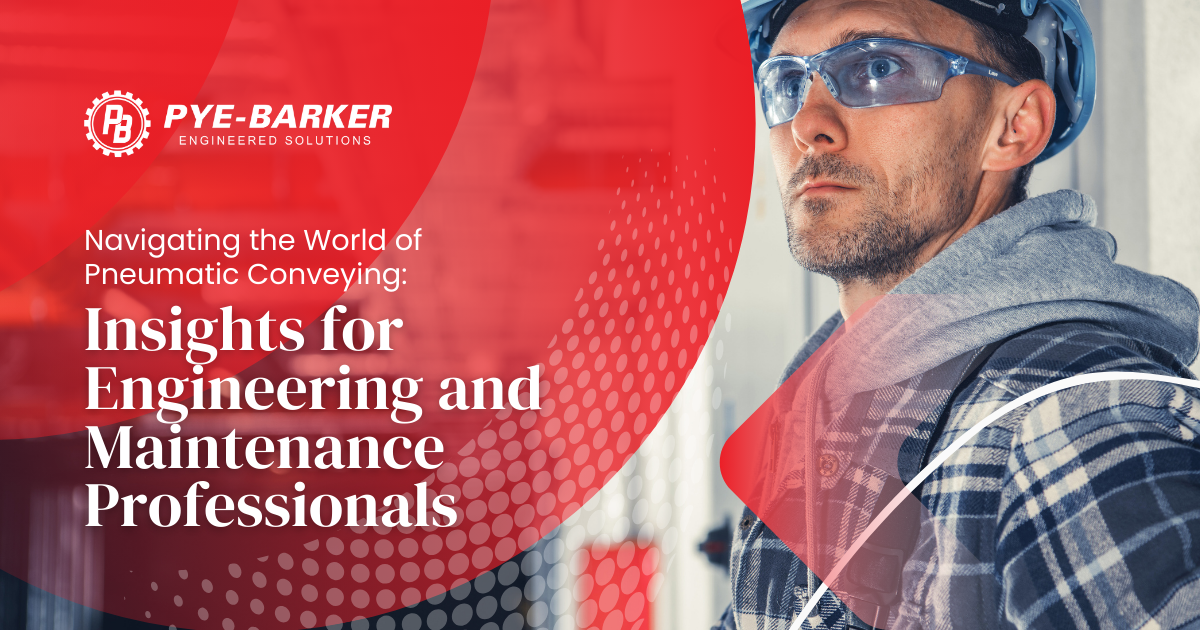
In the dynamic field of industrial engineering and maintenance, staying abreast of evolving technologies and systems is crucial. A recent webinar session sheds light on the rapidly growing industry of pneumatic conveying. This post aims to distill their insights, offering valuable knowledge for professionals in various industrial sectors.
Pneumatic conveying is the technology of moving suspended solids in a gas stream or pipe. Its application spans diverse industries, handling materials ranging from sugar and flour to more abrasive substances like cement and marble dust. The system's growing prominence, projected to reach a market size of $36-37 billion by 2025, underscores its importance in modern industrial processes.
There are primarily two types of pneumatic conveying systems:
The choice between these systems depends on the nature of the material being conveyed and the specific requirements of the process.
The versatility of pneumatic conveying systems is evident in their widespread use in industries like concrete, plastics, and even delicate operations such as ink and paint production. The customization of the system and its accessories is dependent on various factors, including the material's bulk density, abrasiveness, and compatibility with different pipe materials.
For engineering and maintenance professionals, critical factors in choosing the right pneumatic conveying system include understanding the product's physical properties, the required conveying rate, and the system's overall suitability compared to other methods like centrifugal or diaphragm pumps.
Understanding the system's performance requirements is key. This involves knowing the material volume, conveying rate, and the practicality of different pipe sizes and configurations. Additionally, a comprehensive site survey is invaluable in assessing system requirements and limitations. Total system cost, including energy consumption and efficiency considerations, plays a crucial role in the decision-making process.
The role of accessories such as diverter valves and the critical importance of filtration, especially for industries dealing with expensive or sensitive materials, cannot be overstated.
Each industry has unique requirements in terms of controls, filtration, and material handling. Pye-Barker Engineered Solutions' expertise in compressors, blowers, and pumps, coupled with their offer of educational resources like white papers and design documents, provides an essential support system for professionals. They also offer discounts on vacuum pumps or pressure blowers, emphasizing their commitment to customer support.
The session concluded with the announcement of future educational webinars, indicating a focus on air-operated diaphragm pumps in upcoming sessions. This commitment to ongoing education highlights Pye-Barker Engineered Solutions' dedication to keeping industry professionals informed and at the forefront of technological advancements.
Call us today at 404-363-6000 to discuss your needs with our team, or visit us at https://pyebarker.com/contact-us/ to leave us a message.
For a more in-depth look, watch the full original webinar here - https://pyebarker.kartra.com/page/webinar



Notifications